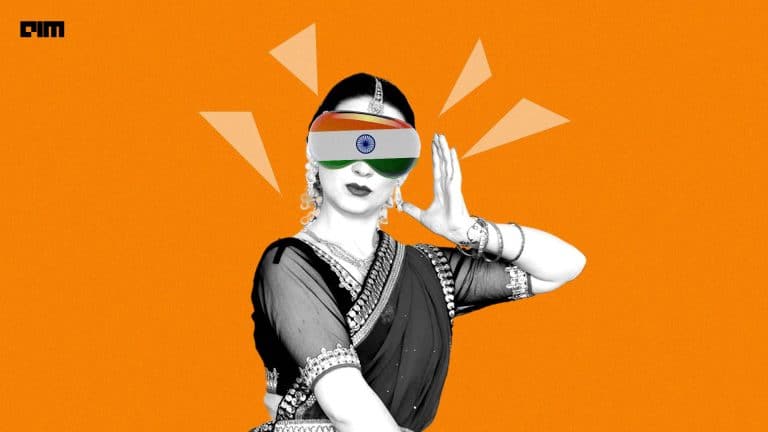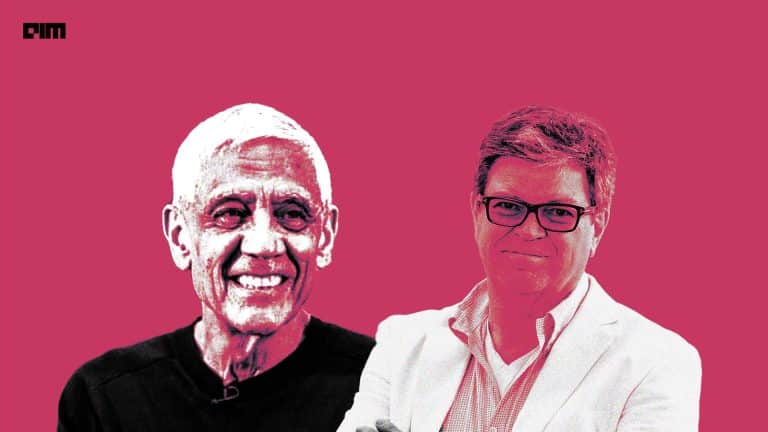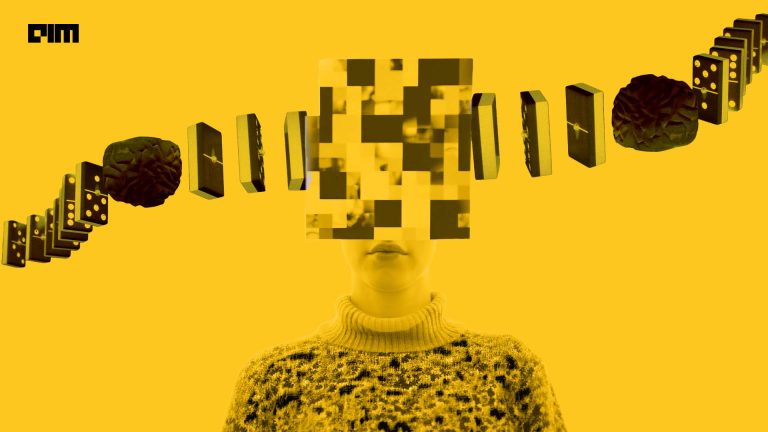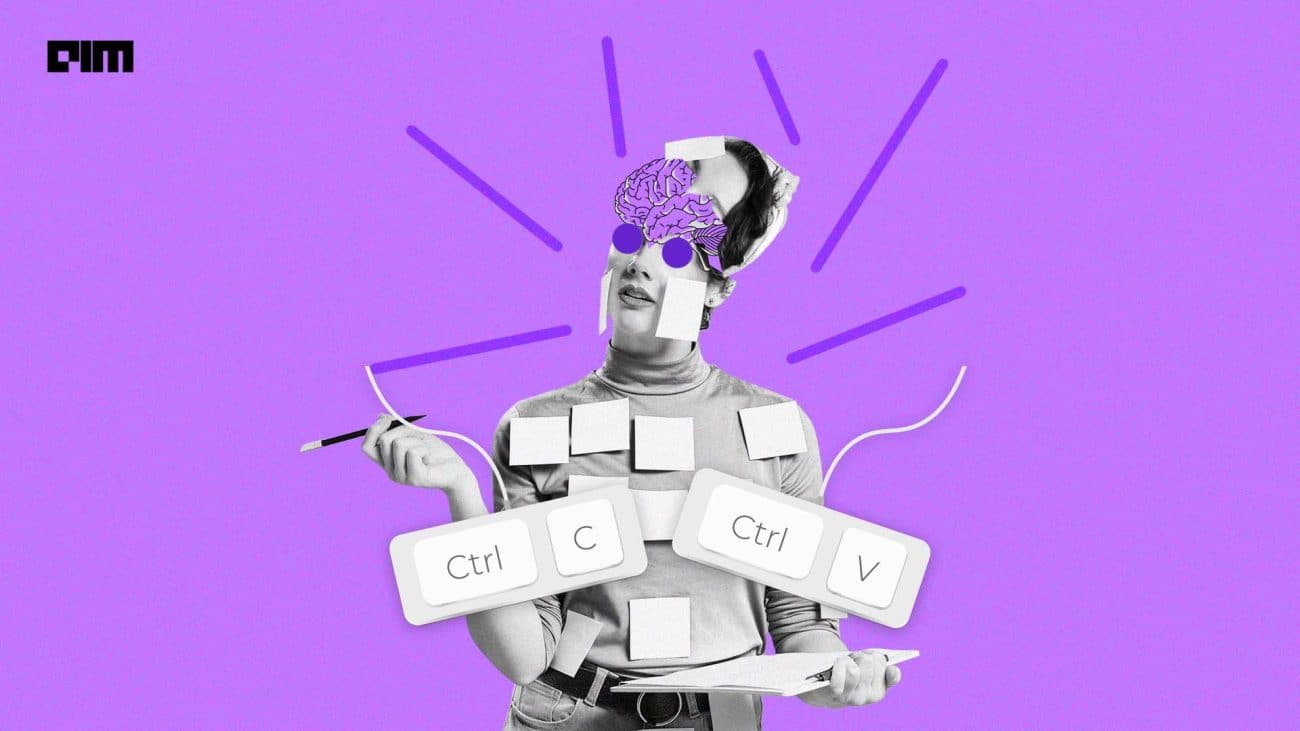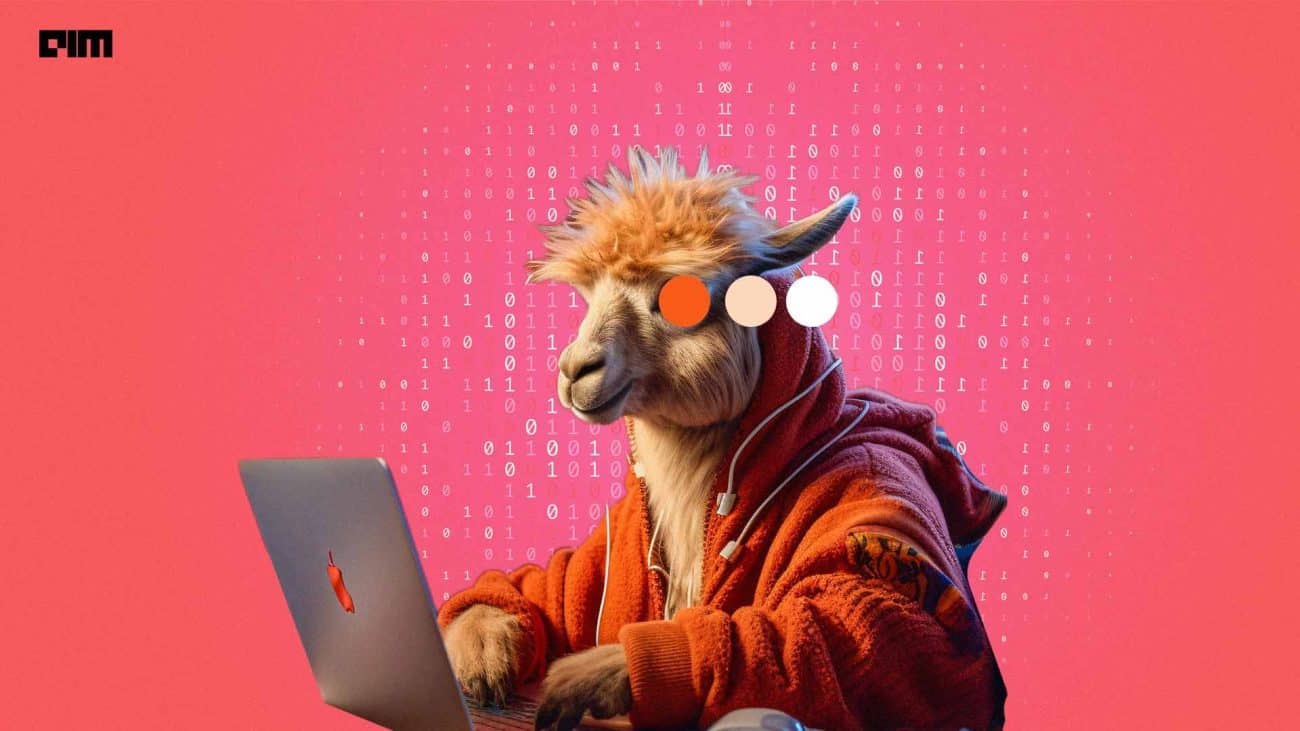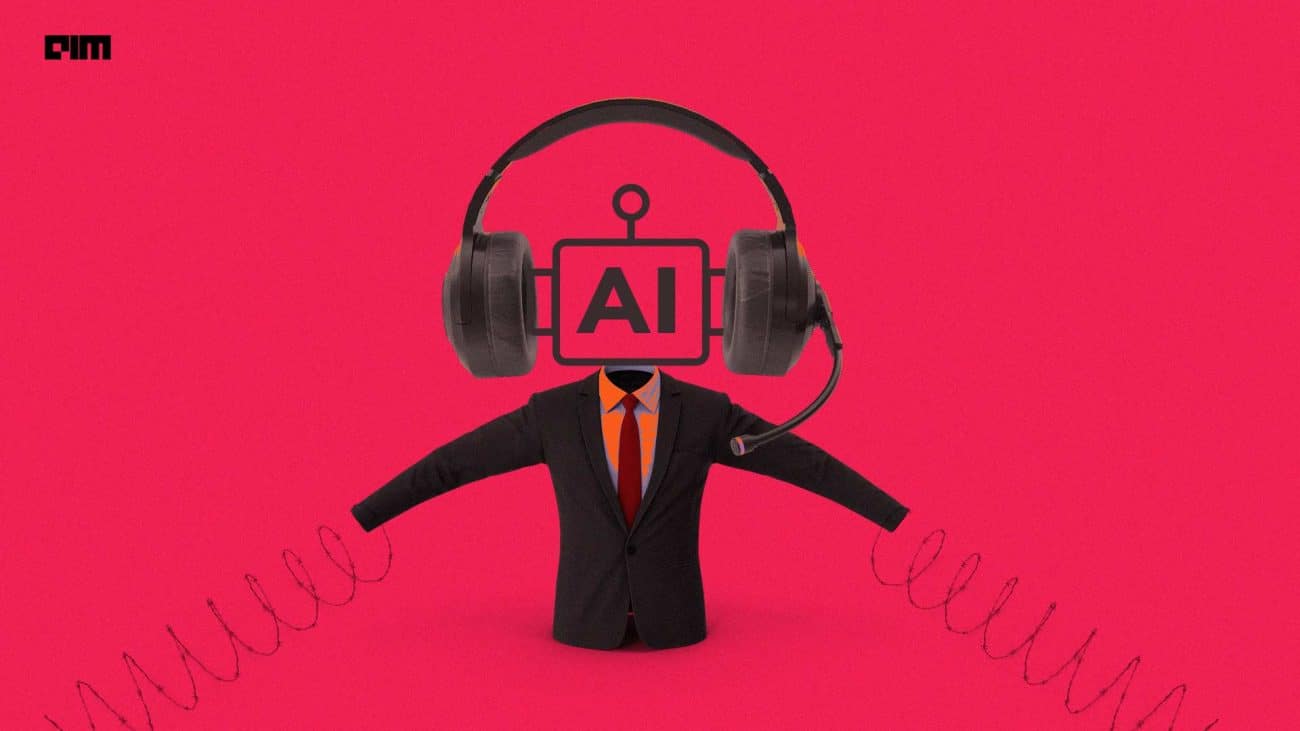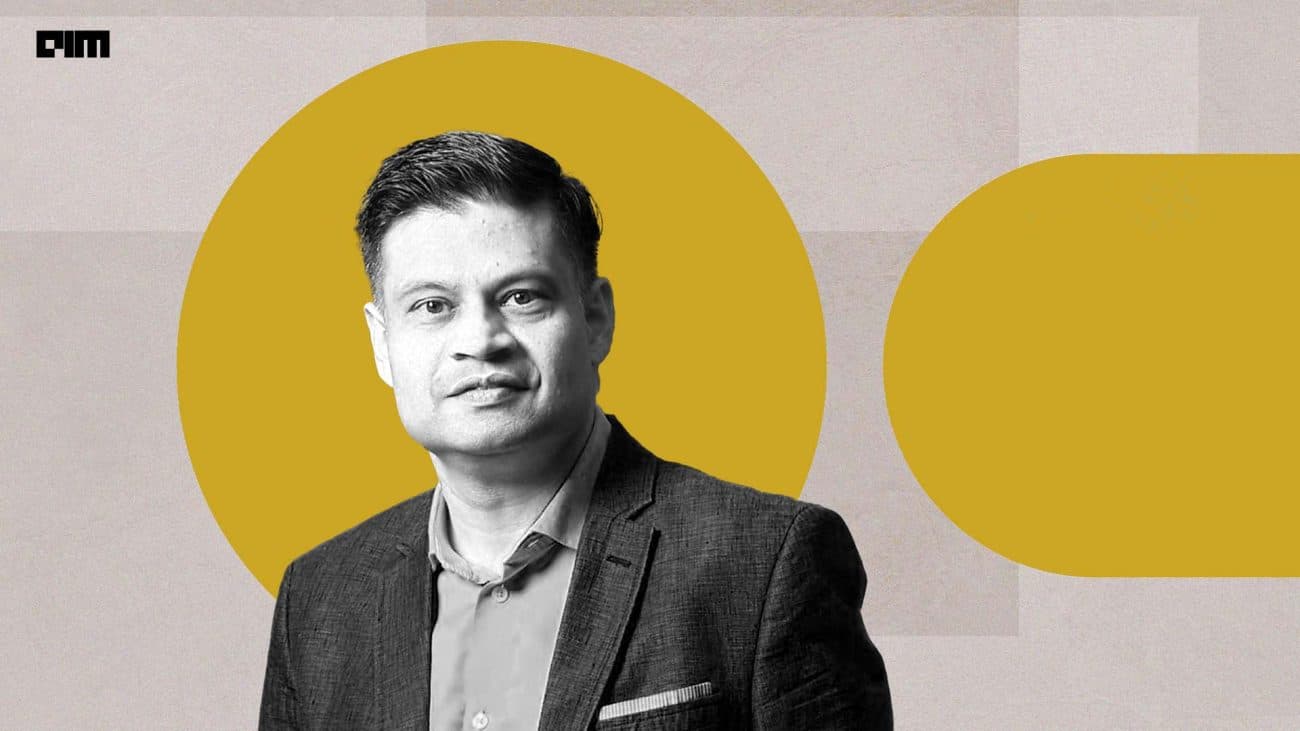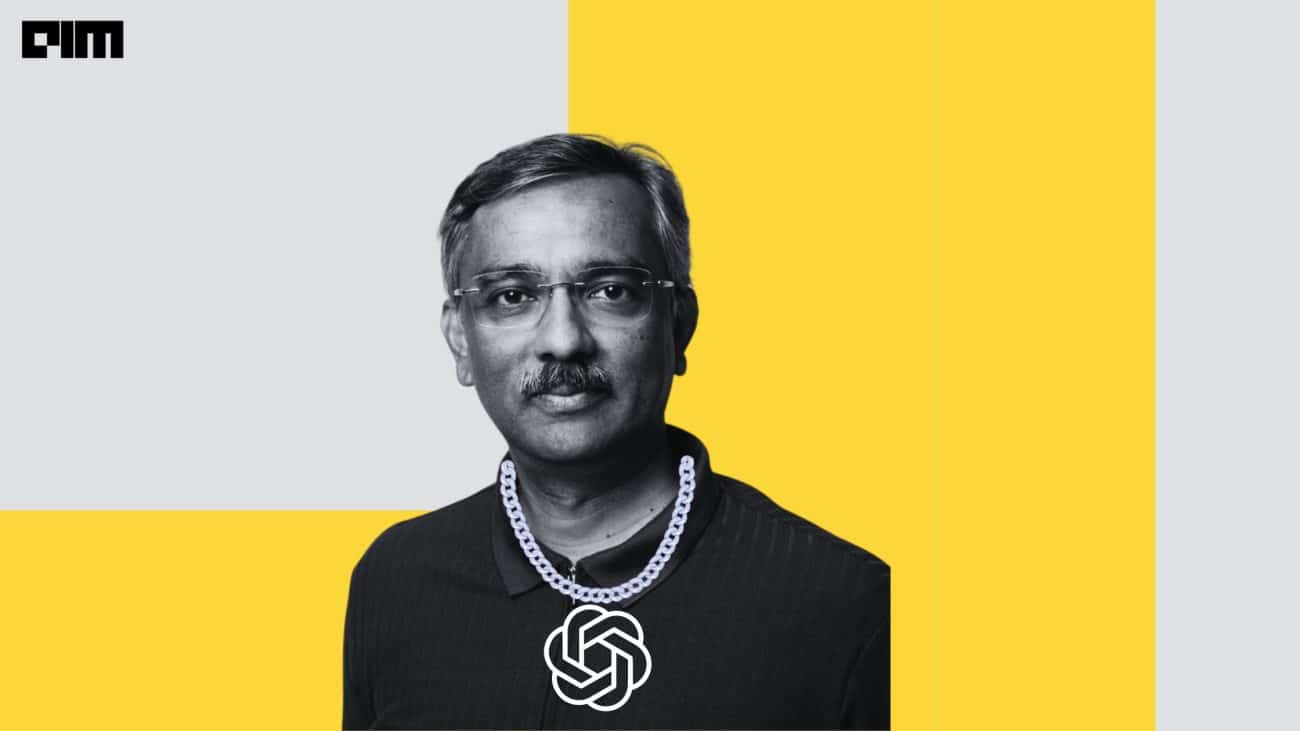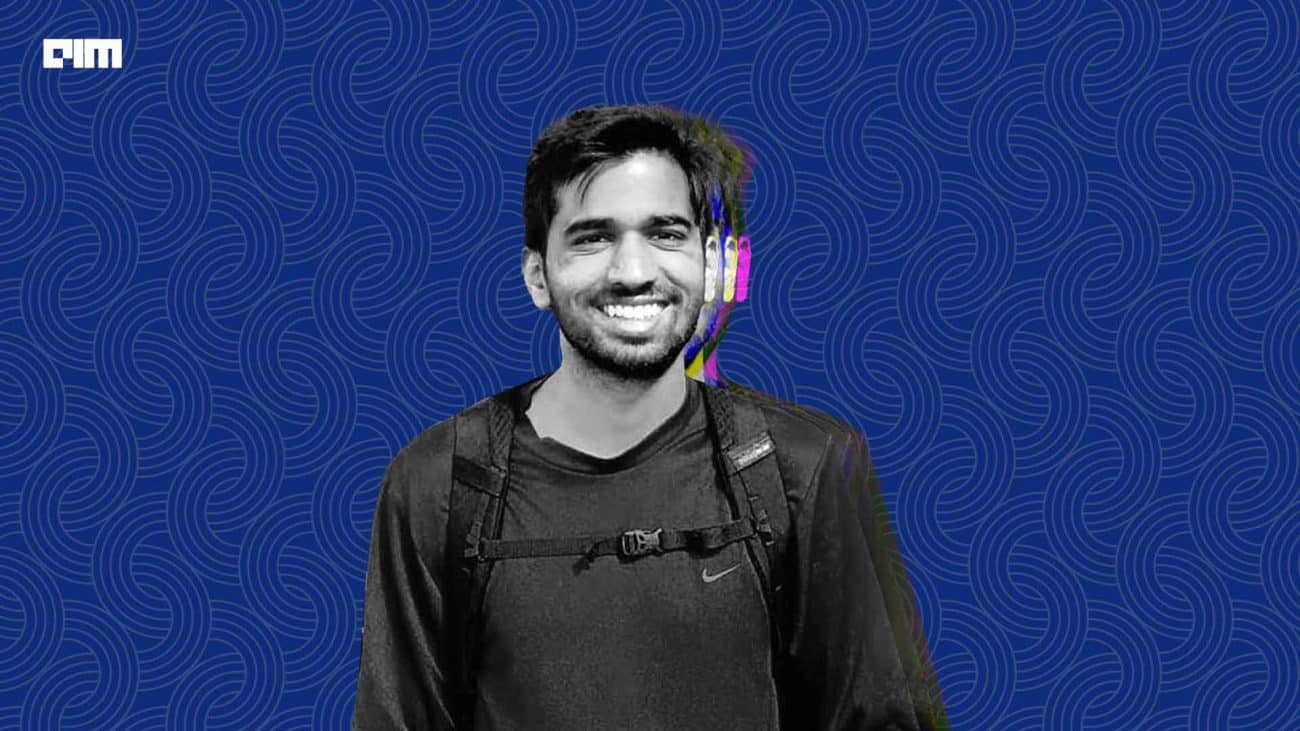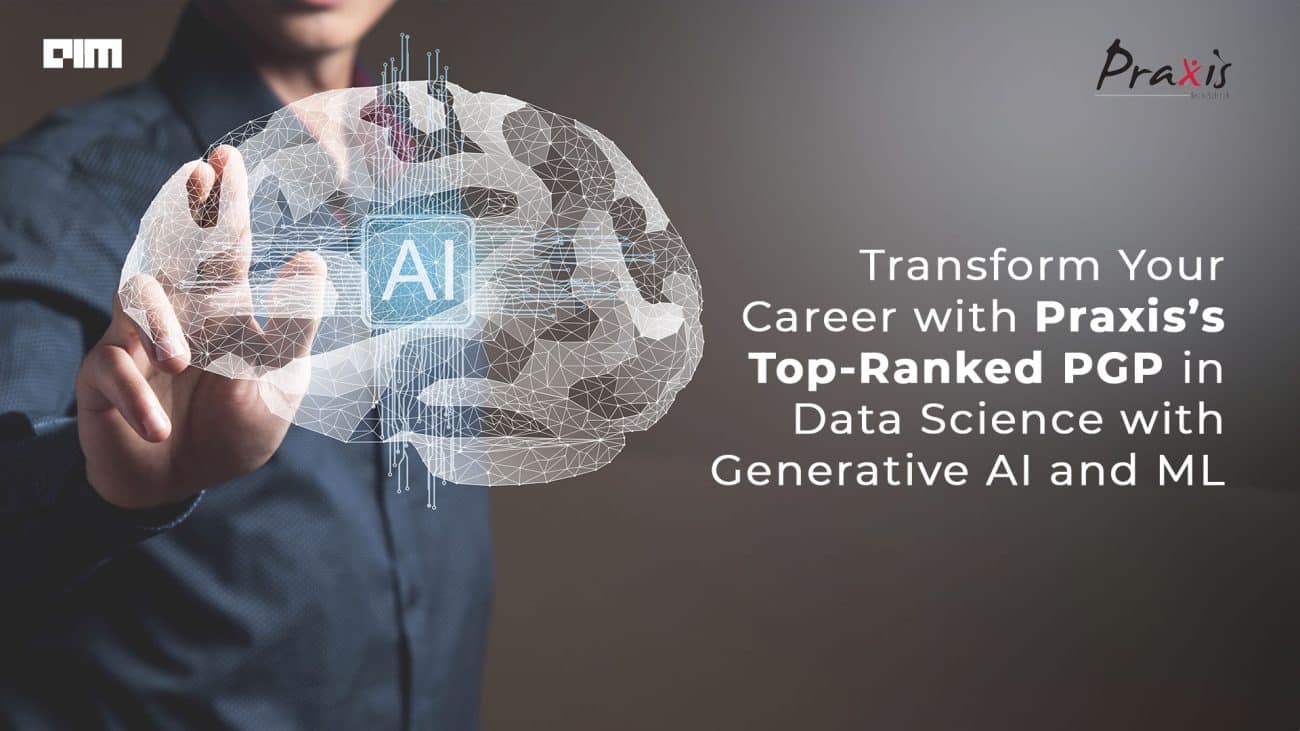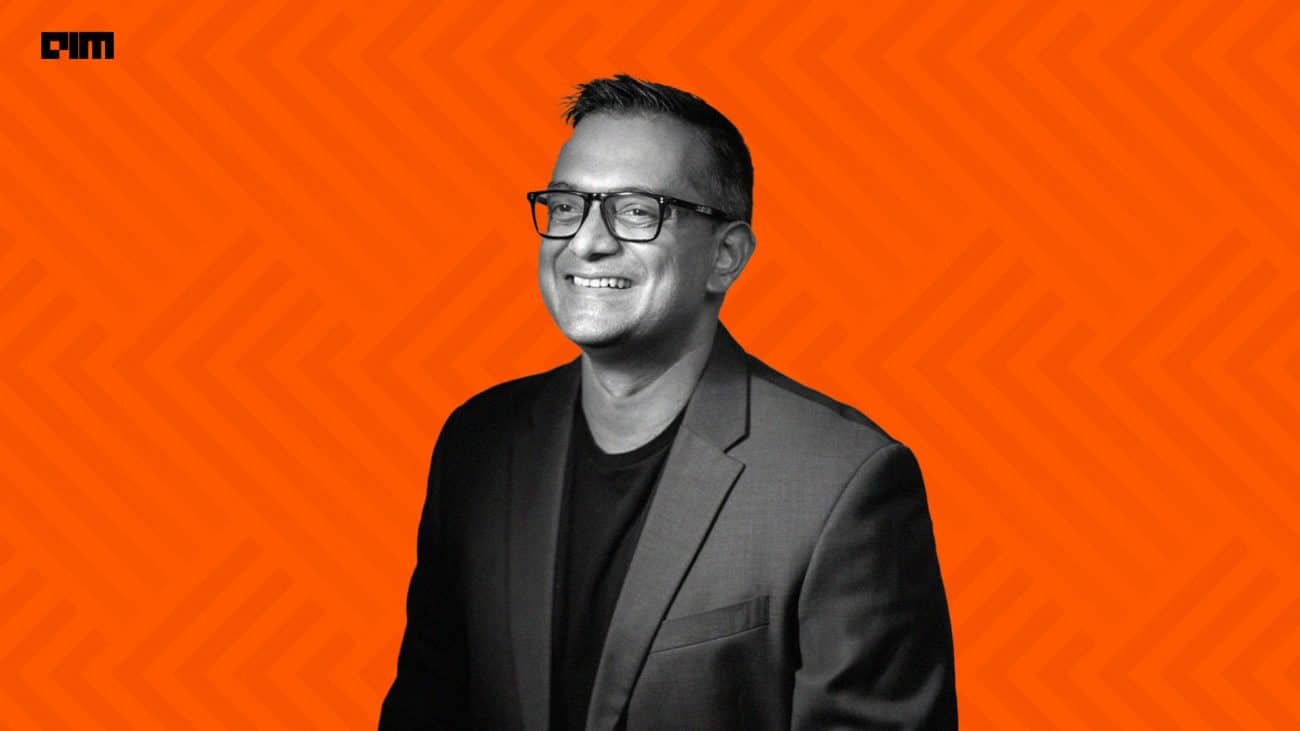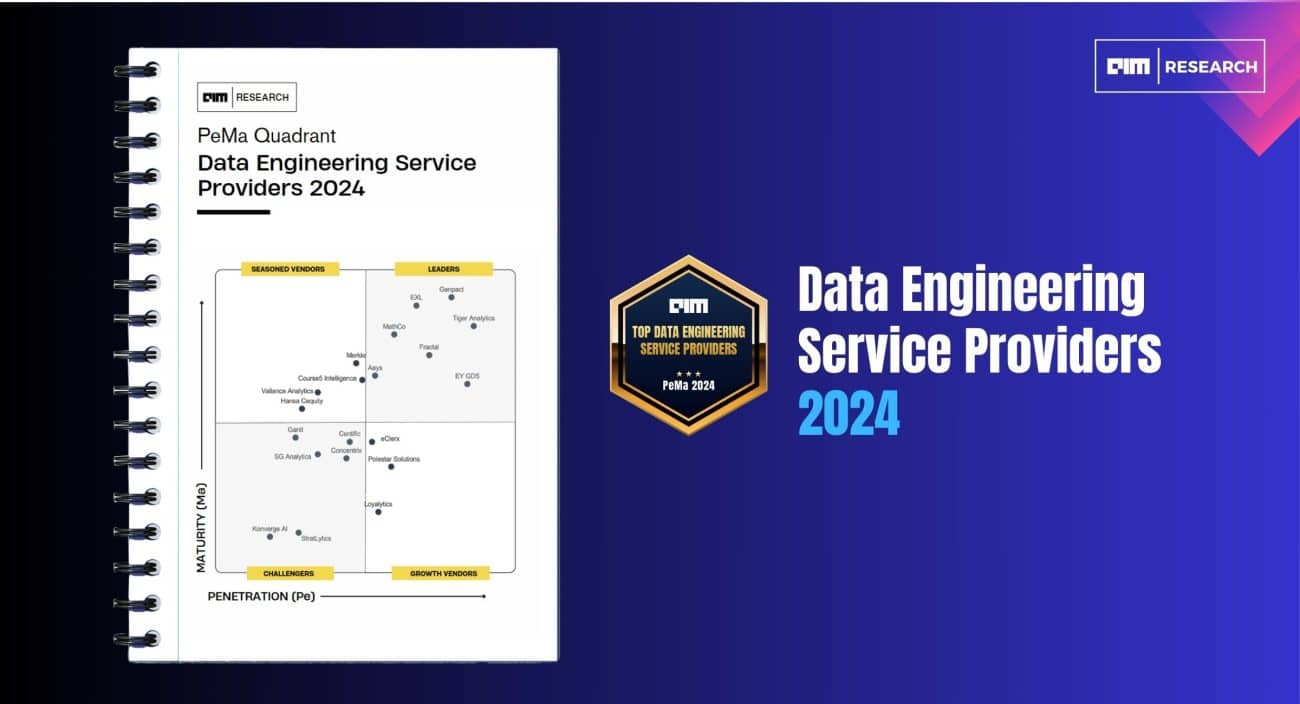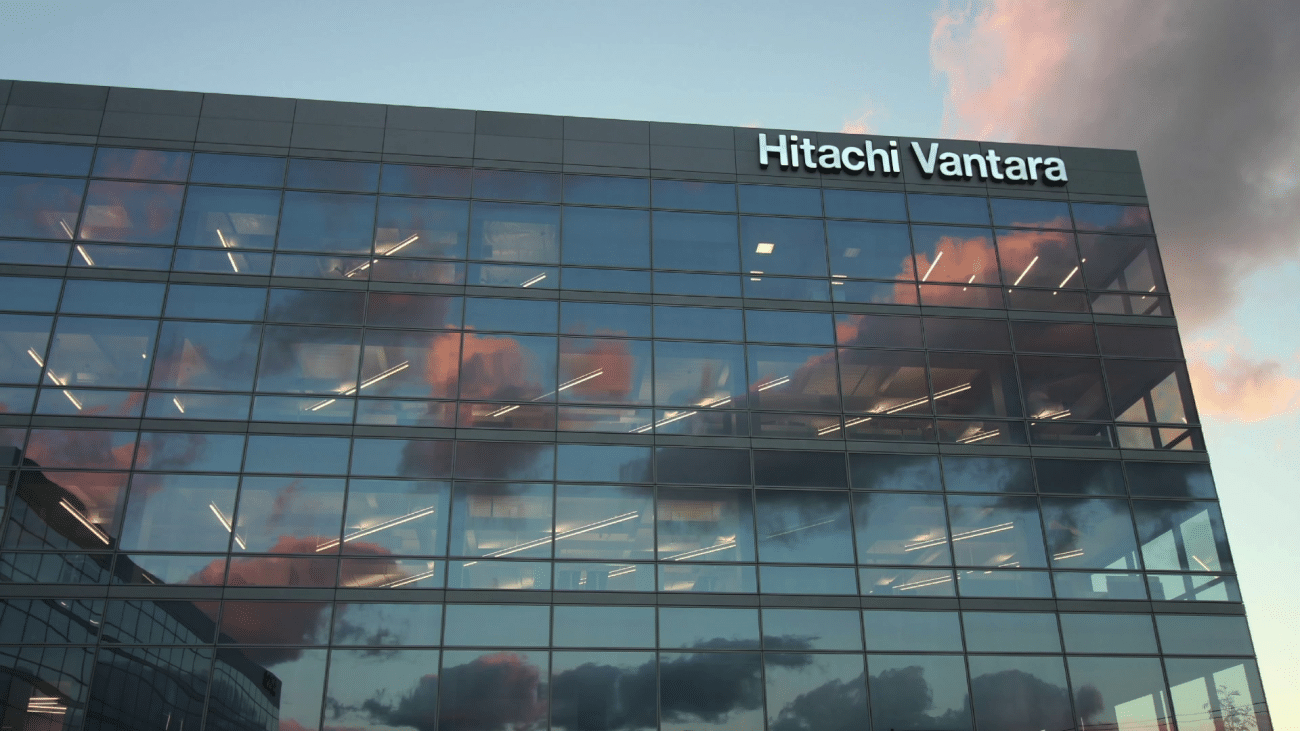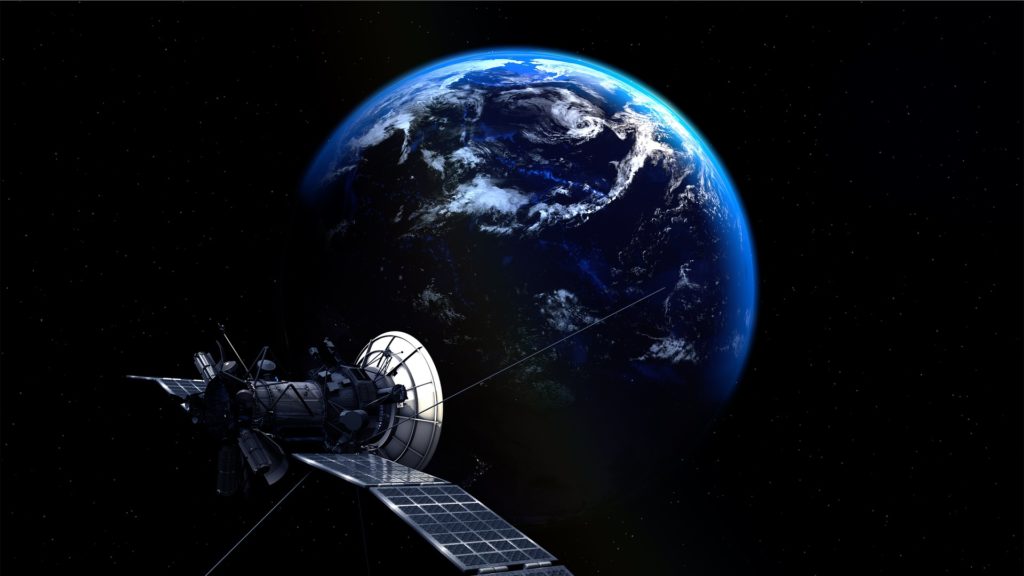|
Listen to this story
|
In April this year, Universal Music Group (UMG) compelled YouTube to remove an AI-generated song named “Heart on My Sleeve” from the platform, which had garnered millions of views. The song which cloned Drake’s voice was posted by an anonymous TikToker named Ghostwriter. Four months later, in a new development, UMG has partnered with YouTube to unveil the “Music AI Incubator.”
In a blogpost by YouTube, the platform said that “Music AI Incubator” is working with some of music’s most innovative artists, songwriters, and producers across the industry, which includes stars like Anitta, OneRepublic’s Ryan Tedder, and the Frank Sinatra estate.
To address the challenge of generative AI in music, YouTube has laid down the groundwork with three fundamental principles: The first principle simply acknowledges the generative AI and says generative AI in music is here and the music industry needs to embrace it.
In the second principle, the company says it will protect the creative work of artists on YouTube and provide monetary benefits to the artists who rightfully deserve it.
Thirdly, YouTube says it will work towards creating new content policies to assure they meet challenges of AI. YouTube elaborated generative AI systems may amplify current challenges like trademark and copyright abuse, misinformation, spam, and more.
The partnership between YouTube and UMG is radical in the sense that initially, the music label was fighting the battle against the video streaming platform to give due rights to artists. So what led to UMG’s sudden change of heart?
Has UMG Shelved Ethics for Money?
It seems like UMG has realised that in order to keep profits coming, they need to embrace generative AI. With the current hype, people are loving AI-generated songs and they are garnering millions of views on Youtube.
In India, after Punjabi singer Sidhu Moosewala’s demise, his fans created a lot of AI songs which are currently present on YouTube. One of them is 4×4 which collected more than 4 lakh views. Nonetheless, the family members of Sidhu Mosewala expressed their disapproval of the AI-generated tracks, believing they have caused more harm than benefit to his legacy. In their statement, they emphasized that his unparalleled talent should remain unaltered.
At the moment, the generative AI music industry is a bit messy, and not many music labels are giving it much attention. UMG could do things to make the AI music world more organized, so that the people who make the music get the credit they deserve. Right now, it’s kind of all over the place, with anyone making music and putting it on platforms like YouTube.
Interestingly, back in April, UMG had asked streaming platforms like Spotify and Apple to stop AI tools from copying melodies and lyrics from their songs that have copyright protection. The current change of heart seems like there is a well-planned strategy to earn more money through royalties of generative AI music.
From now on, YouTube and UMG will keep an eye on who is creating what and safeguards the interests of the artists. The decision to partner with YouTube for UMG is about mutual benefit.
Any internet user outside of the label who produces generative AI music might face takedowns by UMG which will lead to AI music created by UMG will likely garner more views, ultimately resulting in increased revenue. This strategic shift by UMG underscores a notable change in their approach.
UMG, which currently controls about a third of the global music market, has a 31.8% market share, followed by Sony Music’s 22.6% share, Warner Music Group with 15.6% share and independents’ 30% share. This partnership with YouTube will help it further cement its position as we venture into an AI dominated world.
YouTube doesn’t want any copyright issues
By partnering with UMG, YouTube is ensuring that UMG does not sue it in future for hosting AI-generated content which might invite copyright infringement.
For Google, YouTube is a goldmine of data which is currently working on Bard and Gemini. If it restricts users from creating anything with generative AI, it will limit its data set. As much as Youtube cares for its creators and their copyright issues, it needs users to post new content every second which it can put to further use to train LLMs.
Google recently changed its privacy policy which says that the company can use data on the internet. The new policy explicitly states that Google is allowed to collect information that is publicly available online or from other public sources to train their AI models.
UMG and Youtube being on the same page creates a win-win situation for Google as they strive to develop the most exceptional Language Model to challenge OpenAI.

Advances in Generative AI based on Large Language Models (LLMs) and its application to diverse use cases is taking place at a breathtaking pace. These LLMs have been trained on billions of public domain artefacts, including copyrighted material, such as, Open-Source Software (OSS), images and songs. That has raised some interesting legal questions regarding copyright violations. For example, Microsoft, GitHub and OpenAI have already been sued for alleged copyright violation of OSS in their AI-powered coding assistant, Github Copilot. Similarly, earlier this year, Getty Images sued Stability AI for copyright violations of their images. It is highly debatable if cloning a popular singer’s voice in an AI-generated song falls under fair use, especially when money is made from millions of views on social media platforms, such as, YouTube. Therefore, the announcement by YouTube that it is working closely with music partners, including Universal Music Group, to develop an AI framework towards common goals is a welcome move. The three principles outlined by YouTube will help in embracing generative AI in a responsible way, protecting creativity and copyrights of composers and performers, and investing in technology to make it happen at scale. This is the just the beginning of a new chapter in the interpretation and adaption of copyright laws in the face of technology advancements.













